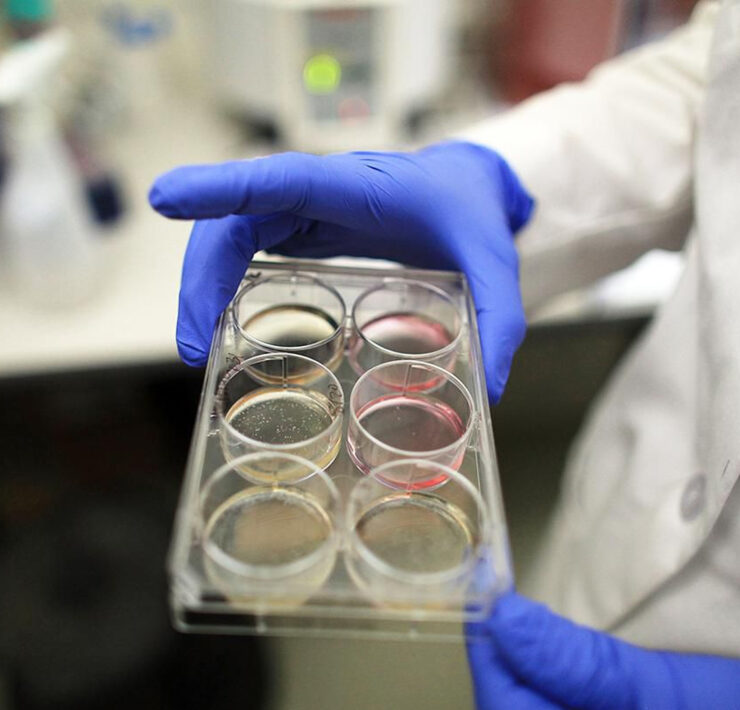
The secret to living a long and healthy life is just around the corner.
Dr. Ernst von Schwarz, a cardiologist, believes that living a full, healthy life to the age of 120 — and possibly even to 150 — is no longer a mere aspiration; it’s a plausible reality that could become achievable as early as this decade.
“I believe that we can create prolongation of life,” von Schwarz said. “And not just as bed-bound non-communicating individuals, but really as active individuals who can participate in social life, professional life and have a quality of life.”
The key lies in stem cell research.
“In the last few years, we have shifted from what we call reactive medicine to what we now call regenerative medicine using mainly stem cell therapies,” von Schwarz said. “Even though stem cells are not FDA-approved, that’s the future of medicine where we are able to repair damage. And by repairing damage, we can prolong life, or even reduce certain processes of aging.”
Stem cell therapy can address various health issues, von Schwarz explained, from repairing conditions such as arthritis to stimulating hair regrowth and even mending certain types of brain damage. Importantly, these treatments are minimally invasive, with no recovery time, making them a preferable alternative to surgery.
Stem cells, often called the body’s “master cells,” have the ability to transform into various types of tissues, including blood, skin and hair.
“Stem cell therapy is considered to be the most important discovery in modern medicine, likely bigger than the discovery of penicillin or the detection of the tuberculous bacteria,” von Schwarz wrote in his book.
However, there is the issue of gathering stem cells, which are salvaged from biological tissue.
“They come from donors, usually from placenta tissue, [umbilical] cord blood, and from what we call Wharton’s jelly,” von Schwarz said. “After birth, this material is usually discarded, and labs buy that material.”
They are not embryonic stem cells, however, which the doctor is quick to point out.
“That’s not allowed in this country,” he said. “And from an ethical and religious point of view, of course, I would never consider that.”
While numerous clinical trials are underway, the Food and Drug Administration (FDA) has so far approved only one stem cell therapy for blood cancer patients Still, von Schwarz is confident that future stem cell therapies will meet rigorous FDA standards.
“I don’t believe that we are destined to achieve immortality,” the doctor said. “I’m a strong believer that there has to be something after our earthly existence.
“I find it fascinating to come from a scientific viewpoint to address these issues,” he continued, explaining that the goal is not immortality but a healthy, prolonged life. “There are treatment options for conditions where even five years ago we thought there was nothing we could do. We want to increase health span, not just only numerical life.”























